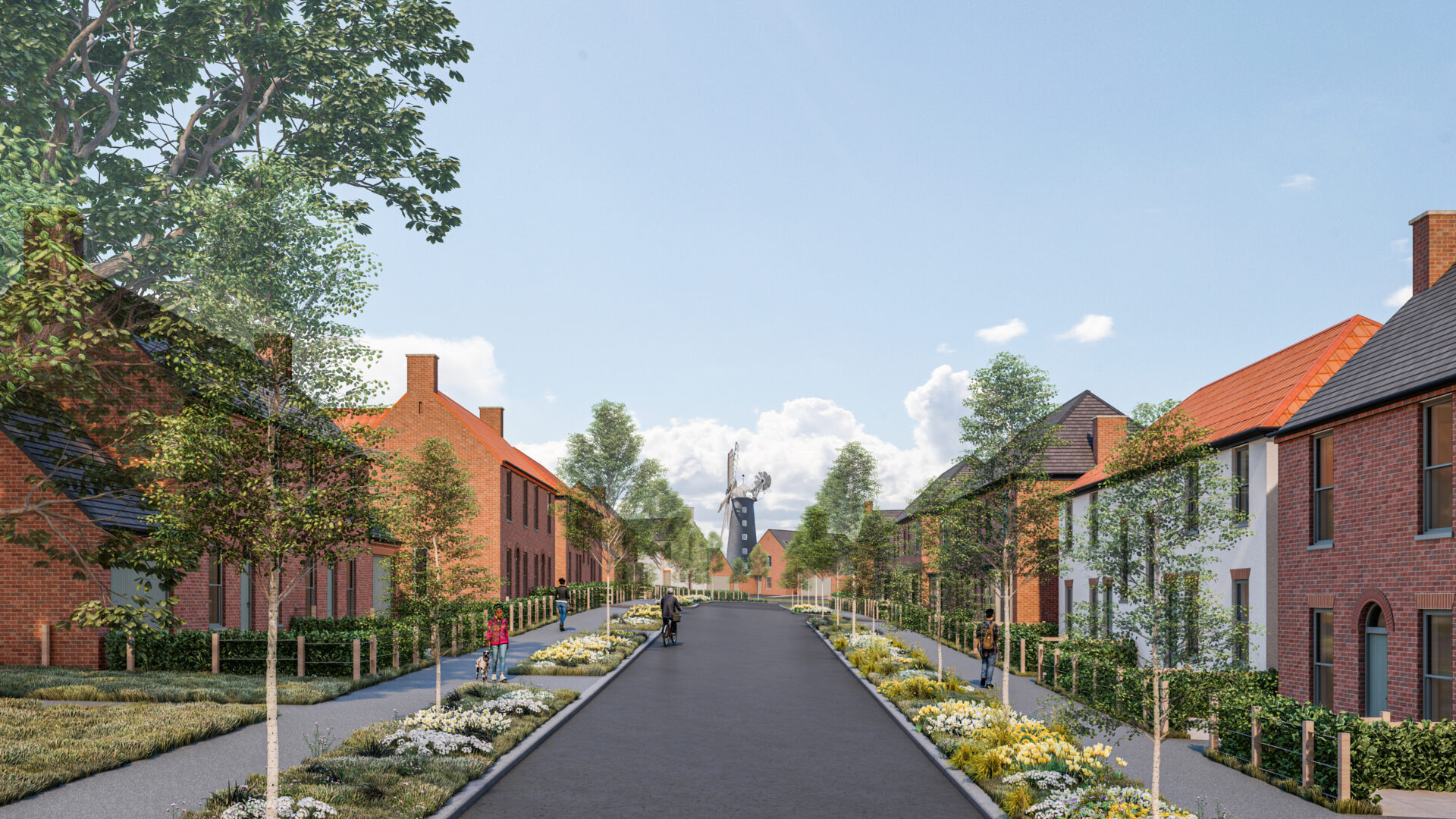Sustainable rural housing in North East Lincolnshire

We interviewed Chris Carr, one of the owners of Carr & Carr (Builders) Limited about affordable housing delivery, potential barriers that small and medium sized house builders face and how they are proposing to plan for the future including ‘futureproofing’ homes.
The company is based in North East Lincolnshire and specialises in providing high-end, sustainable homes in rural villages including the provision of social housing where it meets a local need. Chris emphasised the benefits of engaging with the local community and parish council before a planning application is submitted to encourage people to provide feedback on the plans.
‘I’m building 150 houses in the village where I live (…) rural housing is not a problem when you do it properly,’ he says. Genuine engagement is also helpful for the developer to gain a better understanding of the local market and potential demand for homes. Moreover, he stressed the importance of taking a holistic approach to housing by thoroughly assessing site placement and house design. He believes every rural location should have housing that village residents can afford to live in through local rent agreements and social housing quotas. He also acknowledged the need for housing sites to be within reach of public transport.
One of the most important considerations for small and medium sized house builders is to create designs for small scale housing developments that cater to all rural people regardless of family size, age and disability. For this reason, Chris told us how his company builds many semi-detached and detached bungalows without stairs to navigate through which reduces the risk of injury for elderly and disabled residents. Although houses take up less room on a site than bungalows, the latter also allows for increased outdoor spaces within the available land and can often have a minimised visual impact on the countryside landscape due to their reduced height.
With regards to climate change, Chris believes that energy efficiency is, and will continue to be, a crucial feature of modern housing and that rural housing must also care for the environment and maintain the surrounding landscape. The Future Homes Standards will be a challenge for smaller house builders, however, there are benefits to futureproofing homes, such as designing properties to be built around the sun featuring large porches to restrict heat loss through the entrance doors. This means that people can stay in their homes for longer, contributing to village life.
‘We build homes for life,’ says Chris. With increasing construction and infrastructure costs, small housing developers struggle to compete with volume builders. To bring forward more community focused housing, the government can set clearer policy expectations on parish councils and local authorities to allocate more smaller and sustainable sites in rural locations.



